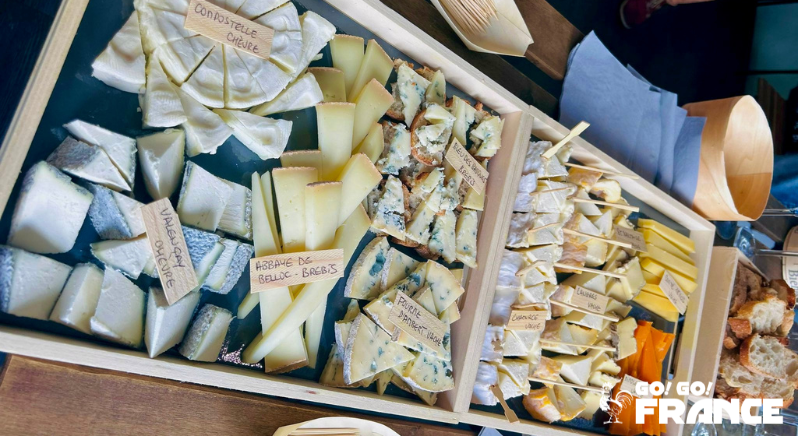France, renowned for its rich culture and gastronomic excellence, offers an immersive experience for international students. Understanding French dinner etiquette is essential for those who wish to live and study in France. This article delves into the nuances of French dinner etiquette providing valuable insights for students aiming to adapt to their new cultural surroundings.
Understanding the Importance of Dinner in French Culture
Dinner in France is not just a meal; it’s an event. It reflects the importance of enjoying good food and company, embodying the essence of French etiquette. This ritual is a perfect opportunity for students to connect with the local culture and forge new relationships.
Master French dinner etiquette in 8 steps
1. Punctuality and Dress Code
Punctuality is paramount in French dinner etiquette. Arriving on time, ideally within 15 minutes of the invited time, shows respect for your host. Dressing appropriately is equally important. A smart-casual dress code usually suffices, but it’s advisable to inquire with the host beforehand.
2. Greetings and Introductions
Upon arrival, greet your host with a polite “Bonsoir” (Good evening). Greetings in France are an important part of the culture. In France, it’s customary to shake hands or, in more familiar settings, to exchange ‘la bise’ (a cheek kiss). Wait for your host to introduce you to other guests.
Learn how to greet people in France here: https://stg-gogofrance-ggfstaging.kinsta.cloud/en/blog/french-salutations/
3. Table Manners
French table manners are a critical aspect of dinner etiquette. Wait for the host to invite you to sit and start the meal. French dinner etiquette and manners are steeped in tradition and are integral to the dining experience:
- Utensils: Typically, you’ll find multiple forks (smaller for salad or dessert, larger for the main course), knives (with different edges for different courses), and spoons (soup spoon or dessert spoon) arranged around your plate. Start using the utensils from the outside and work your way in as the courses progress.
- Glasses: There may be more than one glass at your setting, usually a water glass and one or more wine glasses. The water glass is typically larger and placed closest to your hand, while the wine glasses are arranged in the order they are to be used.
- Napkin: Place your napkin on your lap upon sitting. Use it to dab your mouth gently when needed. If you need to leave the table temporarily, place the napkin on your chair, not the table.
- Bread: Bread is a staple of French meals. It’s usually placed directly on the tablecloth, not on a plate. Break bread with your hands, not a knife, and take small pieces to eat, rather than biting directly from the loaf.
4. The Art of Conversation
Engaging in conversation is key during a French dinner. Topics like politics and personal matters are generally avoided, especially if you’re new to the group. Complimenting the host on their cooking and discussing light topics such as culture, art, or your studies in France are good ways to participate.
5. Wine Etiquette
Wine is an integral part of French meals. If you bring wine, your host may not serve it with the meal as they might have already paired wines. Observe the host for cues on tasting and appreciate the wine by sipping it slowly. It’s a faux pas to refill your own glass; wait for the host or someone else to offer.
Find out more about the alluring world of French wine here: https://stg-gogofrance-ggfstaging.kinsta.cloud/en/blog/the-world-of-french-wine/
6. Eating Etiquette
French cuisine is to be savoured. Eat slowly and appreciate each dish. It’s polite to try everything served, but you can decline more if you’re full. Use your utensils for most foods, including cheese and fruit. Remember, finishing everything on your plate is a compliment to the host.
7. Cheese and Dessert
Cheese often precedes dessert in a French meal. Use the cheese knife provided and take a moderate portion. When dessert arrives, enjoy it, but be mindful of not overindulging.

8. Ending the Evening
The conclusion of a French dinner is as important as its beginning. Don’t rush to leave; staying for a bit after the meal is customary. When it is time to go, thank your host warmly, complimenting the meal and their hospitality.
Conclusion
Navigating dinner etiquette in France can be a delightful part of your international study experience. Respecting these customs not only shows your appreciation for French culture but also aids in building meaningful connections. As you embark on your educational journey in France, embracing these etiquette rules will enrich your experience and open doors to the heart of French society.











